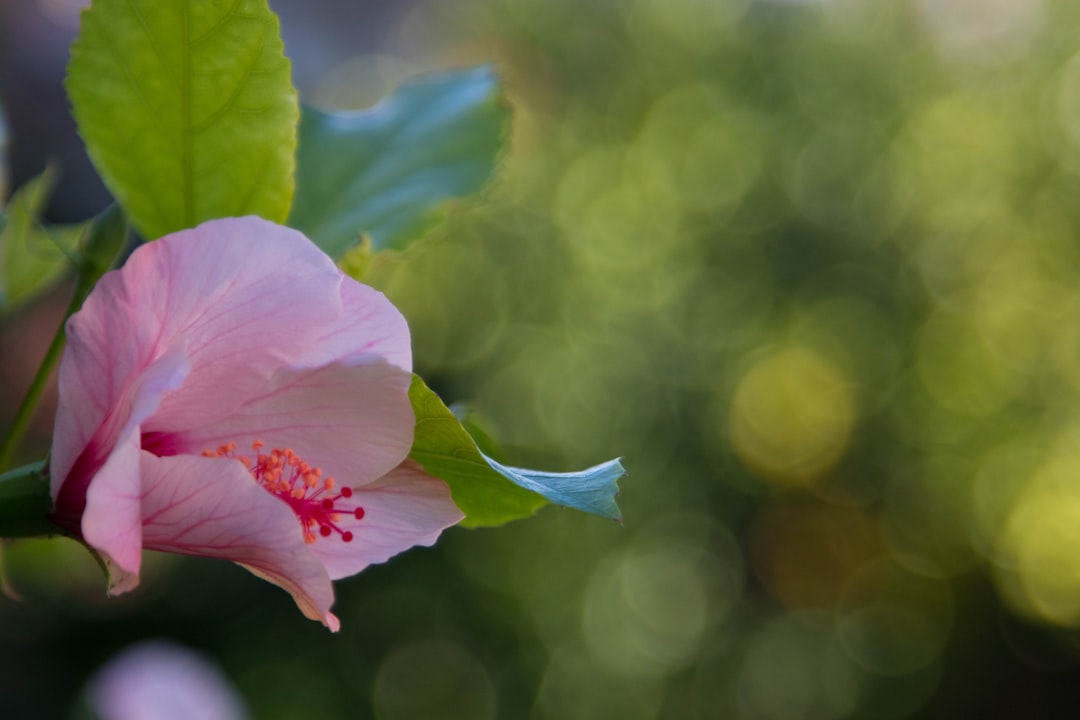Banish Aphids from Your Garden: A Comprehensive Guide

Aphids, those tiny, sap - sucking insects, may seem like a minor nuisance at first glance in your garden. However, they can rapidly turn into a major headache if left unchecked. These pests have a remarkable ability to reproduce at an astonishing rate, and before you know it, your once - healthy plants can be overrun. In this guide, we'll explore effective ways to get rid of aphids, whether your plants are already infested with full - grown insects or just have their eggs.
First, let's understand the life cycle of aphids. Aphids reproduce both sexually and asexually. In the spring and summer, female aphids give birth to live young without mating. This asexual reproduction allows their populations to explode quickly. As the days get shorter in the fall, they switch to sexual reproduction and lay eggs that can survive the winter. These eggs will hatch in the spring, starting the cycle all over again.
One of the most straightforward ways to deal with aphids is through manual removal. This method is best suited for small infestations. You can use a strong stream of water from a hose to knock the aphids off the plants. The force of the water will dislodge them, and they often won't be able to find their way back to the plant. Make sure to spray the undersides of the leaves, as this is where aphids like to hide. Another option for manual removal is to simply pick the aphids off by hand. Wear gloves and gently crush the aphids between your fingers. This may be a bit time - consuming, but it can be effective for small areas.
Beneficial insects are nature's way of controlling aphid populations. Ladybugs are perhaps the most well - known aphid predators. A single ladybug can eat dozens of aphids in a day. You can attract ladybugs to your garden by planting flowers such as dill, fennel, and yarrow. These plants provide nectar and pollen for the ladybugs, as well as a place for them to lay their eggs. Lacewings are another beneficial insect that feeds on aphids. Their larvae are particularly voracious eaters of aphids. You can purchase lacewing eggs or larvae from garden supply stores and release them in your garden.
Neem oil is a natural and effective solution for aphid control. It is derived from the neem tree and has insecticidal properties. Neem oil works by disrupting the aphids' hormonal systems, preventing them from feeding and reproducing. To use neem oil, mix it with water according to the instructions on the label and spray it on the affected plants. Make sure to cover all parts of the plant, including the undersides of the leaves. Repeat the application every 7 - 10 days until the aphid infestation is under control.
Insecticidal soaps are also a popular choice for getting rid of aphids. These soaps work by breaking down the aphids' outer protective layer, causing them to dehydrate and die. You can purchase insecticidal soaps at garden centers or make your own at home using mild liquid soap and water. To make your own soap spray, mix 1 - 2 teaspoons of mild liquid soap per quart of water. Spray the solution on the aphids, making sure to cover them thoroughly. Avoid spraying during the hottest part of the day, as this can cause the leaves to burn.
For more severe aphid infestations, you may need to use chemical pesticides. However, it's important to use these products with caution, as they can also harm beneficial insects and the environment. Look for pesticides that are specifically labeled for aphid control and follow the instructions carefully. Apply the pesticide in the early morning or late evening when beneficial insects are less active.
Preventing aphid infestations in the first place is always better than dealing with them after they occur. Keep your garden clean and free of debris, as aphids like to hide in fallen leaves and weeds. Regularly inspect your plants for signs of aphids, such as curled leaves, sticky honeydew, or small clusters of insects. Prune any heavily infested branches and dispose of them properly. Also, make sure your plants are healthy and well - watered, as strong, healthy plants are less likely to be attacked by aphids.
In conclusion, getting rid of aphids in your garden requires a combination of methods. By understanding the life cycle of aphids, using natural predators, and applying appropriate control measures, you can keep these pests at bay and ensure the health and beauty of your garden. Whether you're dealing with full - grown aphids or just their eggs, there are effective solutions available to help you win the battle against these pesky insects.